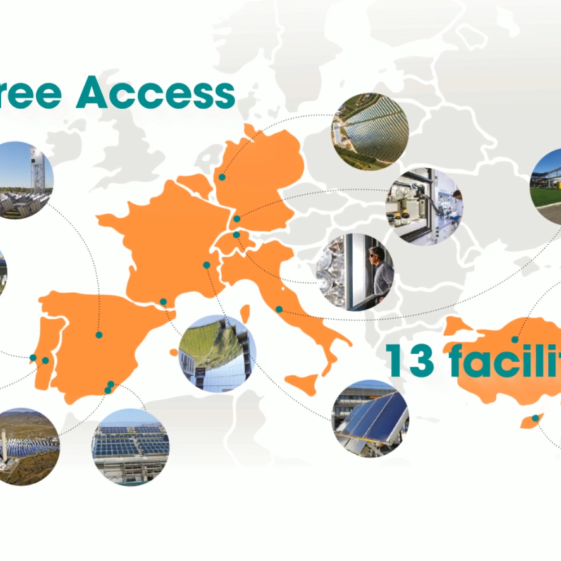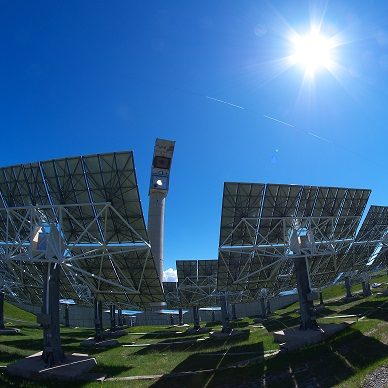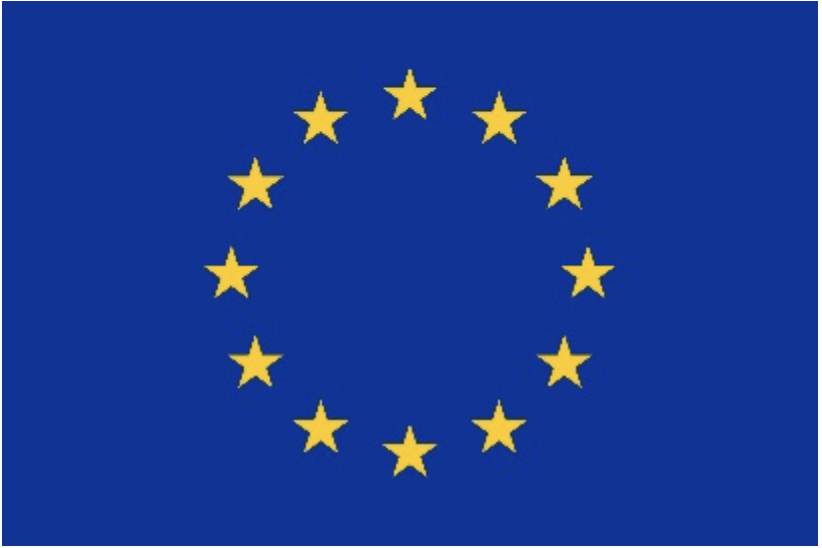Transnational access Activities
- Free access to state-of-the-art CST research infrastructures, 11 European advanced solar laboratories and 2 research infrastructures located in two neighbouring countries
- Strengthening the international R&D cooperation, necessary to ensure the EU's scientific leadership and industrial competitiveness.
- Cooperation with third countries, whose researchers will also have access to these RIs thought this TA programme.
The trans-national access (TA) activity offer access to state-of-the-art CST research infrastructures unique in Europe and for several of them in the world. Experiments can be related to:
- Solar thermal electricity generation (tests from research on components and methods to full prototypes systems): thermodynamic cycles such as Brayton and Stirling cycles, receivers and their coatings, thermal storage, concentrating optics and mirrors, control algorithms and solar resource evaluation, heliostats and linear collectors, high concentration PV cells, etc.
- Solar fuels production: H2, Syngas, liquid and gas hydrocabons, etc.
- Cycles for chemical storage of solar energy for short and long duration: ZnO, CeO, Iron, etc.
- Solar water treatment: desalination, disinfection and decontamination.
- Solar heating and cooling of buildings to improve the energy efficiency in buildings.
- Modelling and controlling of concentrating solar technologies for power plants and for industrial processes
- High value material synthesis and/or coatings deposits (experimental or test of processes): nanomaterials like C or ZnO nanotubes, new ceramics or metals, foams, catalytic layers, etc.
- High-flux photochemistry and photo-physics.
- Characterization of materials behaviour and properties under extreme conditions such as for solar, space or nuclear fields: thermal shields, high temperature materials and parts, etc.
- Solar pumping of LASER for industrial and space applications.

2023 Transnational Access Campaign: list of funded projects

SFERA-III transnational access: Deadline Extension!

Launch of the 5th SFERA-III transnational access campaign

This project has received funding from the European Union’s Horizon 2020 research and innovation programme under grant agreement No 823802
